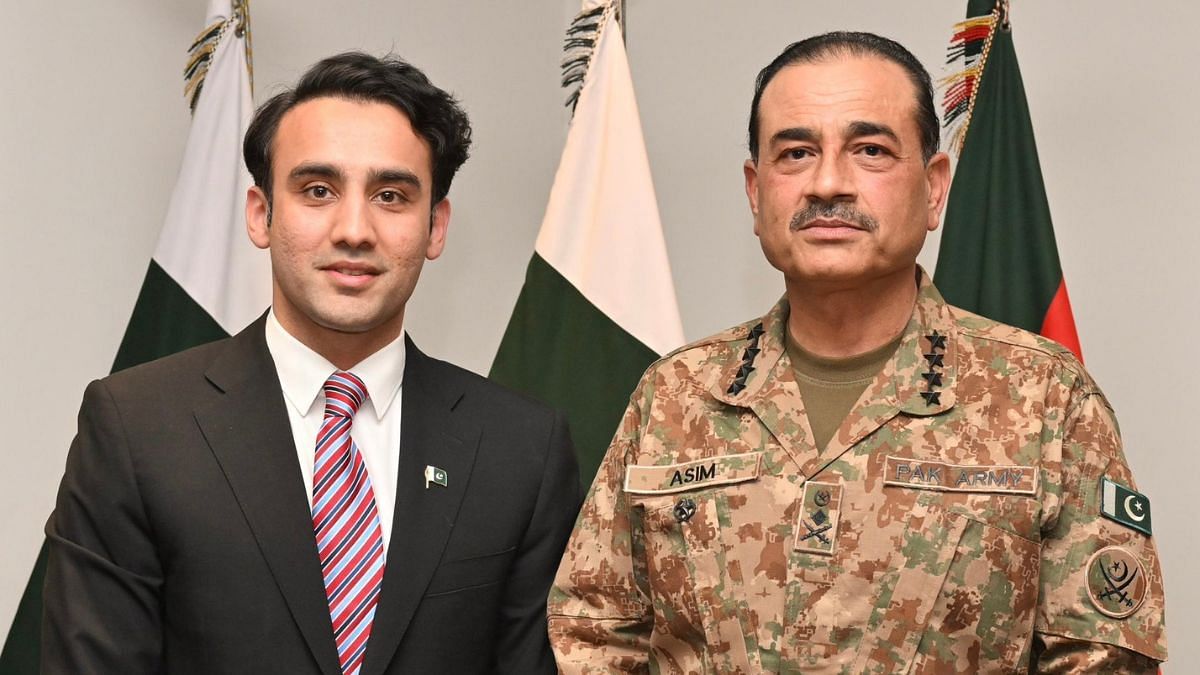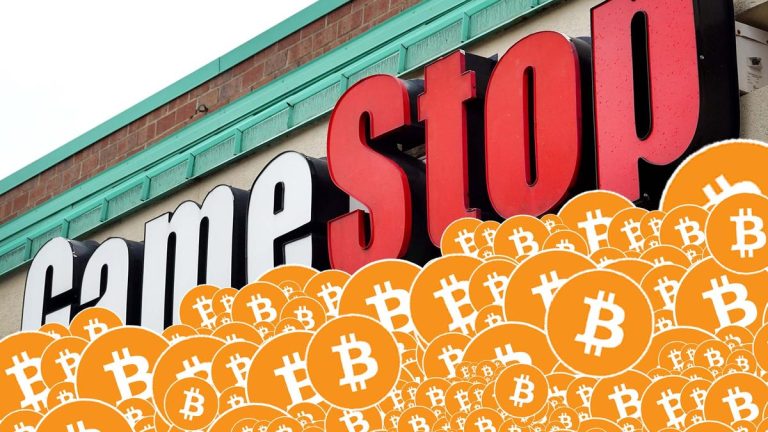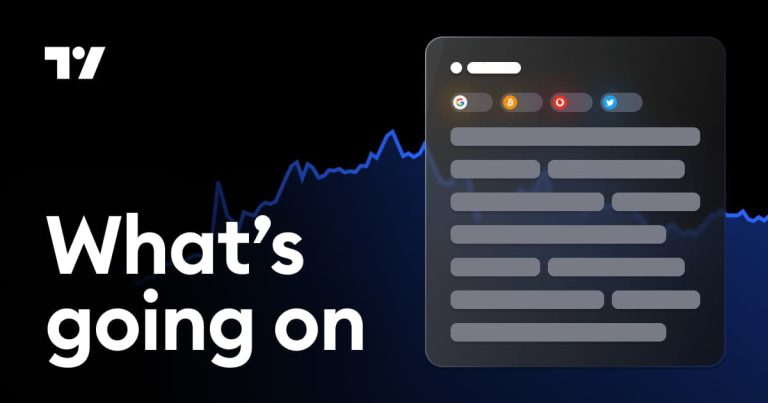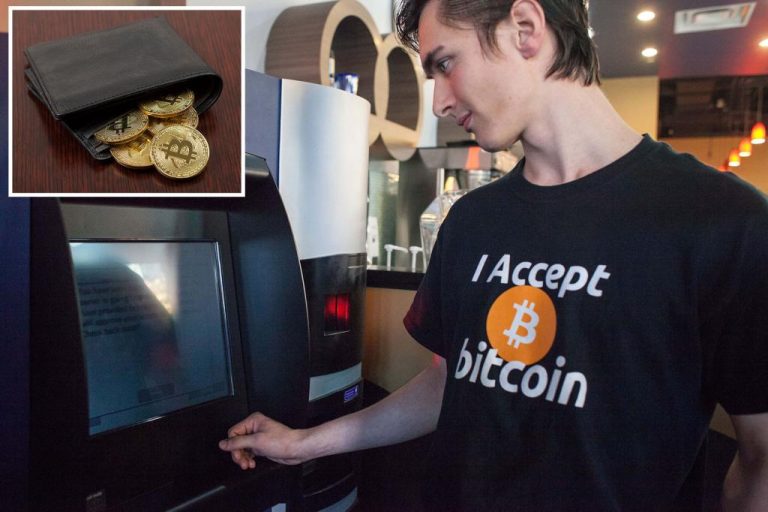New Delhi: As its economy remains in shambles and ever dependent on IMF bailouts, a desperate Pakistan is trying hard to find a new window of growth. And this new life line is coming in the form of cryptocurrency and a company that has links to US President Donald Trump. In February 2025, the government formed a Crypto Council, and on Tuesday, it upgraded this into a full regulatory body called the Pakistan Digital Asset Authority. This new authority will oversee and regulate digital assets like crypto and blockchain-based technologies.
In a surprising move, in late April, Pakistan partnered with World Liberty Financial (WLF), a company linked to the US President Donald Trump’s family. WLF has promised to help Pakistan develop blockchain tools, tokenise assets, and provide crypto industry guidance. However, details of the deal remain vague.
Crypto is already widely popular in Pakistan, with around 20 million users—far more than the 420,000 people who invest in the capital market—placing the country among the global top 10 for crypto trading.
The government now aims to regulate and tax the sector, attract foreign investment, and legitimise the ecosystem through the newly formed Pakistan Digital Asset Authority (PDAA), led by Bilal Bin Saqib—a Forbes 30 Under 30 and MBE awardee. Pakistani-British entrepreneur Saqib’s appointment signals Pakistan’s push to align with global trends.
With global crypto exchange platforms like Binance and Stacks showing interest, Pakistan is also allocating power for data centres to support crypto mining and AI.
Saqib is tasked with creating a FATF-compliant crypto framework, launching Bitcoin mining, regulating it, and integrating blockchain into governance and finance.
However, questions are being raised about policymaking and governmental control.
Hussain Nadeem, a policy strategist and Pakistani AI expert, posed a few questions to Bilal Bin Saqib, who earlier headed the Pakistan Crypto Council and will now lead the PDAA. In a long post on X, he asked if there was a white paper on crypto advancement in Pakistan, how much of governmental/army control there would be and whether there were public discussions on policymaking in crypto post the tie-up with Trump’s company.
Nadeem’s questions point toward larger policy hiccups. Industry experts, however, are confident of the prospects of crypto in Pakistan.
“The founders of WLFI recently visited Pakistan and expressed strong interest in supporting our crypto ecosystem. With their stablecoin valued at over $2 billion, WLFI is a significant global player. While the details of our collaboration will be announced soon, possibly at the upcoming Bitcoin Vegas Conference, their visit alone signals growing international confidence in Pakistan’s crypto ambitions,” Ali Farid Khwaja, chairman at KTrade Securities and a domain expert, told ThePrint.
Geopolitical concerns
There are also geopolitical implications. An article from The Economist’s May edition pointed out that many in India interpreted the US-Pakistan crypto deal as Pakistan’s way to win Trump’s favour, which perhaps even led to Trump declaring the ceasefire.
In late April, Texas-based logistics firm Fr8Tech made headlines by pledging up to $20 million to buy $TRUMP, a cryptocurrency launched by Donald Trump. The firm, linked to World Liberty Finance, also promised to help Pakistan develop blockchain products and provide crypto industry advice—raising eyebrows globally.
Meanwhile, the Trump family’s deep ties to crypto via promotion, regulation, and investor perks like exclusive dinners are drawing the industry into US politics. While this gives crypto unprecedented visibility, critics in The Economist article, warn that its association with a partisan figure could ultimately harm its broader legitimacy.
Nadeem too, in his criticism, compared the new crypto push to the Pakistan Army’s involvement in Special Investment Facilitation Council, which is a federal body under the Pakistan government but one that is effectively run by the Pakistan military, including 36 active military officers. Established in 2023, under Prime Minister Shehbaz Sharif, SIFC aims to increase foreign investment and ease business but heavy military presence in the council has sparked concerns over civilian-military power balance.
Calling it a “great disservice to the country”, Nadeem said “Crypto is the new SIFC”
“The way this regime is approaching Crypto, it has unfortunately become a new con that has politics, not public good, as an end goal…. The regime has only ONE interest in Crypto: Access to the Trump White House, and sadly this hype is all about that, nothing more,” he wrote on X.
Even Indian analysts are issuing words of caution.
Pakistan’s growing crypto adoption highlights a significant shift in the region’s digital strategy—one India should closely monitor given the potential geopolitical and economic impacts, distinguished fellow at the Council on Strategic and Defence Research, C Raja Mohan, wrote in a recent column for The Indian Express.
Khwaja, however, is hopeful for crypto’s prospects in Pakistan and is not worried about governmental control overriding the positive impacts.
Since the Crypto Council was announced just three months ago, Pakistan has attracted significant attention from some of the top names in the crypto industry. Binance, World Liberty Finance, crypto billionaire Justin Sun, and Stacks, a New York-based token with a $2 billion market cap, have all publicly announced engagements with Pakistan, he said.
“This surge of inbound interest from major global players is driving investment and prompting the government to actively facilitate regulations, aiming to position Pakistan as both a regional and global leader in crypto,” Khwaja said.
He also added that, unlike before, when interest was often met with scepticism, the government is embracing these opportunities.
“It’s not about trying to force development; companies are coming forward saying, ‘We want to invest,’ and Pakistan is responding. Similarly, in the US, President Trump has expressed a strong desire for the country to lead globally in this space, reflecting how quickly things are evolving worldwide,” he added.
(Edited by Theres Sudeep)









